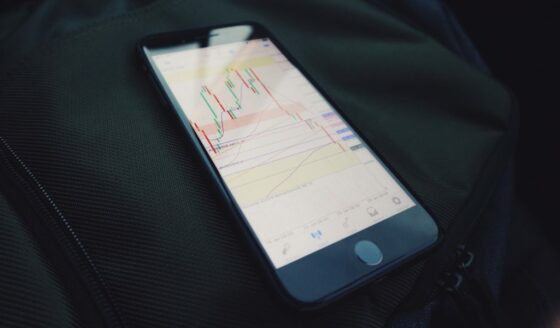All you need to know about variable interest rates
Are you about to buy a house, or looking to refinance your mortgage? If so, you also have to think about your preferred mortgage interest rate. You’ve probably already come across the term variable interest rate. So, what exactly is a variable mortgage rate? Let us explain.

About variable interest rates:
The current (variable) interest rate
Have you become instantly curious about what current interest rates are available? In that case, you can go straight to our overview of current mortgage rates here. You’ll find the current interest rate per lender; both the variable mortgage rates and fixed mortgage interest rates. Good to know: the interest rate is dependent on your situation in many scenarios. For advice that is perfectly tailored to your personal situation, please contact us.
What is a variable interest rate?
The variable interest rate follows the current market interest rate. If the market interest rate decreases, your repayments will be less the following month. If the interest rate rises, then your repayments will immediately increase along with it, as of the following month. In other words, you will not know in advance exactly how much interest you’ll have to pay. That is a disadvantage, but opting for a variable interest rate also has a few advantages.
Opting for variable interest rates: the pros and cons
In some situations, opting for a variable mortgage interest rate can be beneficial:
- Your repayments are free from penalty charges (useful if you’re soon planning to re-mortgage or make other amendments to your mortgage)
- If the interest rate drops, you will immediately see a lower monthly repayment figure for the next month
- You can still fix the interest at any time
A variable interest rate also has a few disadvantages:
- If the interest rate rises, you will immediately have higher monthly payments the following month
- You’ll have less certainty about your monthly repayment sum in the future
- You can borrow less than if you fix the interest for at least 10 years
Whether the choice for a variable interest rate makes sense in your situation depends on your specific situation. We can help you with that.
The difference with a fixed interest rate period
If you prefer more security, you can also opt for a fixed-rate period, whereby you fix the interest for a certain number of years, such as 10 or 30 years. Read more about the fixed-rate periods, and discover which type of interest rate is the best match for your situation.
Are you unsure whether to opt for a variable or fixed interest rate period?
Are you curious about what your best option is? We’ll be happy to talk things through with you to find the best match for your circumstances. As much as we would like to – we cannot predict whether interest rates will fall or rise. However, based on your situation, we can check whether a variable interest rate would be a sensible and beneficial move for you.